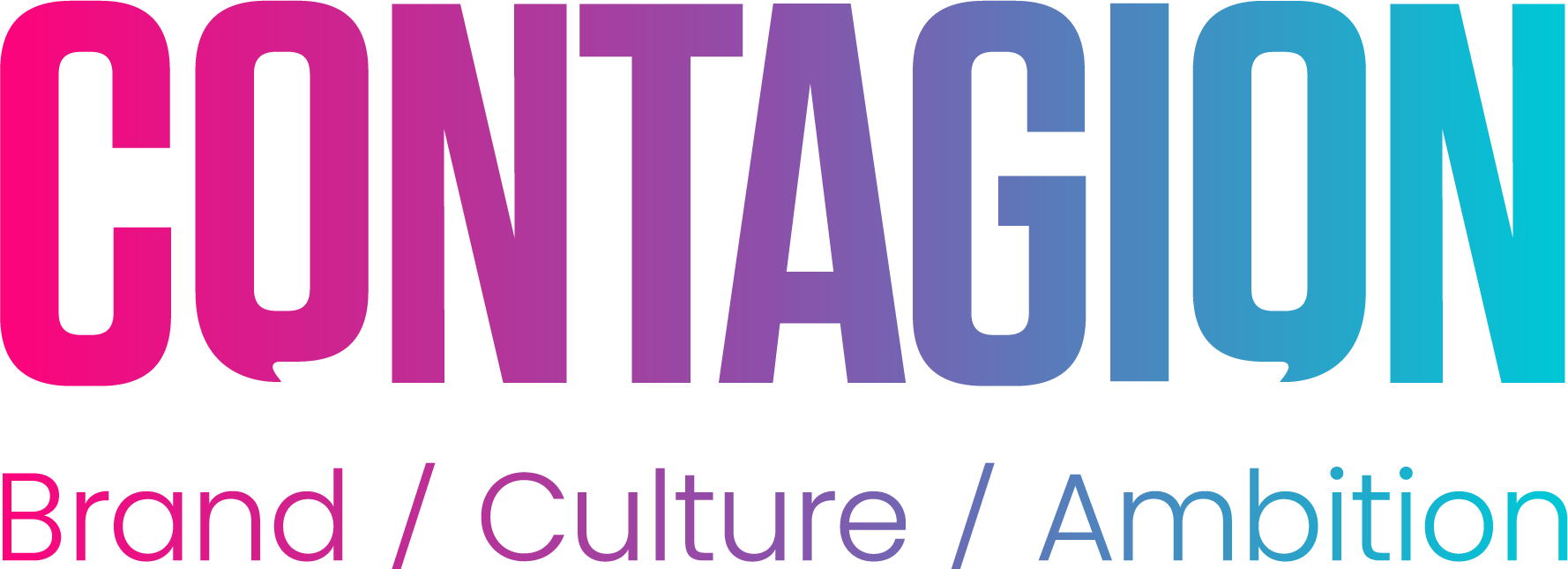
First Published: 10 September, 2025
After 15 years running a creative and media agency, I’ve learned that no two days are ever the same. Business owners know this well, our day-to-day shifts with the economic winds, and the last five years have been nothing short of a rollercoaster. But lately, there’s a different kind of change in the air. It’s quieter, subtler, it whispers every day, you certainly cannot hide from it in your inbox. AI is slowly reshaping how we market our businesses, not with a bang, but with a steady hum. And here’s the thing: it feels good.
People are curious. They’re attending conferences, reading articles, and experimenting with tools. But most of us are still dabbling. We’re not experts, and that’s okay. What matters is that we’re leaning in, trying to understand what this technology means for our businesses, our clients, and our teams. That curiosity led me to take a deeper look at AI, not as a trend, but as a tool. A tool that, if used wisely, can help us market more efficiently, more intelligently, and perhaps even more empathetically.
When I started Contagion in 2010, we were riding the wave of the digital revolution. YouTube and Facebook were just four years old. Social media was the new frontier, and many believed it would replace everything. But it didn’t. It became another channel. TV, outdoor, and radio didn’t disappear, they evolved. And so did we. We adapted, upskilled, and learned how to communicate through screens without losing the human touch.
AI is the next evolution. And like social media, it won’t replace everything. But it will change how we work, if we let it. The headlines are full of dramatic predictions: jobs lost, industries disrupted, creativity replaced by algorithms. But the reality is more nuanced. The business environment doesn’t flip overnight. Human behaviour remains the constant. And in B2B marketing, where relationships are everything, that matters more than ever.
So the real question isn’t whether AI will change things, it’s what we choose to adopt, and what we choose to ignore. For B2B marketers, AI isn’t just a shiny new toy. It’s a strategic opportunity. It offers precision, personalization, and efficiency across the customer journey. But successful integration requires more than tools, it demands a rethink of how we operate in a data-driven world.
Before diving into implementation, we need to ask ourselves: what role should AI play in our marketing? Are we trying to improve lead quality? Personalise communications? Accelerate content production? Support sales? Without clear objectives, AI becomes a solution in search of a problem. And in B2B, where every touchpoint matters, clarity is everything.
Once those goals are defined, AI starts to shine. It enables personalization at scale by analysing behavioural and intent data to deliver tailored experiences. If you’re running Google or Meta campaigns, this is already happening, assuming your media planning is solid. Predictive analytics can forecast buying behaviour and identify high-value accounts. Messaging can adapt in real time. Automation becomes smarter. Email platforms optimise send times, subject lines, and segmentation. Programmatic advertising refines targeting and bidding. Even A/B testing has evolved into multivariate, adaptive creative optimisation.
These tools are powerful. They free up time, reduce acquisition costs, and improve conversion rates. But they’re not the endgame. They’re the enablers. What really drives success in B2B marketing is empathy. Understanding your audience. Listening. Responding. Building trust over time. AI can help us do that more efficiently, but it can’t replace the human touch.
Take conversational AI, for example. Chatbots and virtual assistants are no longer expensive experiments. They’re off-the-shelf, cost-effective, and surprisingly good. They qualify leads, answer questions, and provide instant support, creating seamless, personal experiences. Better yet, they capture valuable data to inform future marketing efforts. But even here, the tone matters. A robotic response might be fast, but it won’t build a relationship. A thoughtful, empathetic interaction, whether human or AI-assisted, can make all the difference.
And then there’s content creation. Generative AI can help draft blog posts, whitepapers, and email copy. It can summarise reports, suggest headlines, and even write code. But let’s be honest: B2B content already has a reputation for being bland. Add AI copy into the mix and you risk creating the biggest snooze fest your brand has ever seen. Creative work needs a creative director. That could be you. But please, have empathy for your audience. They’re not as interested in your product as you and your AI agent are. If it feels too long or complicated, it is. You’re here to charm, not confuse.
This is where the human touch becomes essential. AI can help us scale, but it’s our job to ensure the message resonates. To make sure it feels personal, relevant, and real. Because in B2B, we’re not just selling products or services, we’re building relationships. We’re earning trust. We’re helping people solve problems, make decisions, and move forward with confidence.
AI can distil complex reports into digestible insights, making it easier to communicate value to time-poor decision-makers. It reduces production time, improves consistency, and helps scale. But human oversight remains essential. We need to guide the narrative, shape the strategy, and ensure the message aligns with our values and our audience’s needs.
And remember: successful AI integration is iterative. Set clear KPIs, conversion rates, engagement metrics, pipeline velocity, and continuously evaluate performance. AI thrives on feedback. The best implementations evolve over time, guided by data and strategy. But also by empathy. By listening. By caring.
AI isn’t a silver bullet. But for B2B marketers willing to experiment, learn, and adapt, it’s a powerful ally. It enables smarter decisions, deeper personalization, and greater efficiency. Just don’t forget: in B2B, and especially in New Zealand, relationships still matter. AI should help deepen them, not replace them.
Because at the end of the day, what really sells isn’t automation. It’s connection. It’s understanding. It’s the feeling that someone gets when they know you’ve listened, that you care, and that you’re here to help. That’s what builds loyalty. That’s what drives growth. And that’s what makes marketing truly meaningful.

Category

Contact us if you have any suggestions on resources you would like to see more of, or if you have something you think would benefit our members.
Get in TouchSign up to receive updates on events, training and more from the MA.
